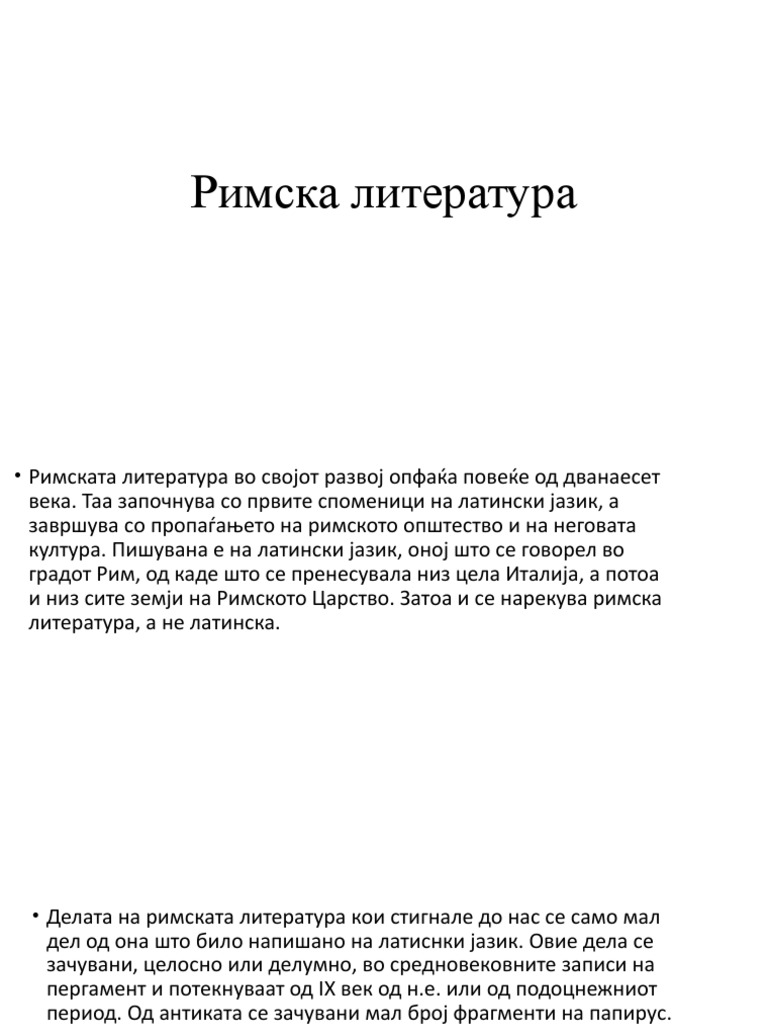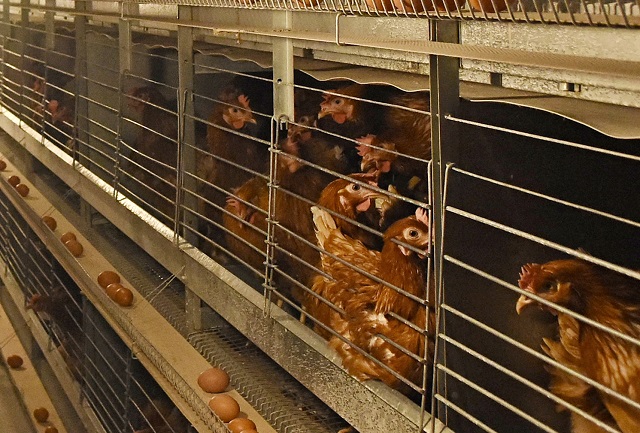Winterwatch: Conserving Birds During The Cold Season

Table of Contents
Providing Food Sources for Winter Birds
Supplemental feeding is crucial for winter bird feeding, particularly during snowstorms and extreme cold when natural food sources are scarce. Providing a reliable food supply significantly increases their chances of survival.
- Offer a variety of seeds, nuts, and suet: Different bird species have different dietary needs. A diverse selection caters to a wider range of winter visitors, attracting more birds to your yard. Black oil sunflower seeds are a popular choice, loved by many species.
- Choose high-quality birdseed mixes: Avoid mixes with lots of filler, like wheat or milo, as these aren't particularly nutritious for birds. Opt for mixes with a higher percentage of seeds like sunflower, nyjer, and safflower.
- Clean feeders regularly: Clean feeders prevent the spread of disease among birds. Regularly remove old, spoiled food and clean the feeders with a mild soap solution.
- Consider offering fruit, mealworms, or nectar: Depending on the birds in your area, supplementing with these can be very beneficial. Suet cakes are a great source of energy, especially during colder spells.
- Place feeders strategically: Position feeders away from predators like cats and in sheltered locations to protect birds from harsh weather conditions. Consider using a feeder with a protective cage.
Understanding Different Bird Diets for Effective Feeding
Knowing the specific dietary needs of common winter birds enhances the effectiveness of your winter bird feeding efforts.
- Preferred foods of common winter visitors: Cardinals are fond of sunflower seeds and cracked corn; chickadees prefer smaller seeds like nyjer; and woodpeckers enjoy suet and nuts.
- Appropriate food types based on bird species: Research the birds commonly found in your region and tailor your food offerings accordingly. Local bird guides or online resources can be helpful.
- Importance of providing fresh water: Water sources frequently freeze in winter. Providing a heated bird bath or regularly changing the water in a shallow dish is crucial for hydration, especially during cold snaps.
Creating Safe Habitats for Winter Birds
Providing shelter and protection from predators is vital for bird habitat winter survival. A well-designed habitat offers refuge from the elements and security from threats.
- Plant native shrubs and trees: Native plants provide berries and seeds that birds rely on during winter. They also offer crucial cover and nesting sites.
- Leave leaf litter and brush piles: These provide shelter for insects and small animals that birds feed on, as well as hiding places from predators.
- Install birdhouses or nesting boxes: These offer protection from wind, rain, and snow, increasing the chances of bird survival. Choose appropriate sizes depending on the birds you want to attract.
- Keep cats indoors: Indoor cats are safer and will prevent them from preying on birds.
- Avoid using pesticides and herbicides: These can harm birds directly or indirectly by destroying their food sources. Opt for organic gardening practices instead.
Designing a Bird-Friendly Winter Garden
Landscaping with birds in mind creates a haven that supports them through winter's challenges.
- Benefits of evergreen trees and shrubs: These provide crucial shelter and cover from harsh weather conditions throughout the winter.
- Recommended plant species: Consider planting hollies (berries), junipers (berries), and conifers (seeds) for winter sustenance.
- Importance of diverse planting: A diverse garden attracts a variety of bird species, ensuring a healthy ecosystem.
Protecting Birds from Hazards During Winter
Understanding and mitigating common winter bird hazards is essential for improving their survival rates.
- Keep windows clean: Clean windows reduce reflections that can confuse birds and lead to collisions.
- Use bird-friendly window treatments: Window decals or films can help birds see the glass and avoid collisions.
- Remove or cover hazards: Remove any potentially hazardous materials like string, netting, or loose wires.
- Keep pets under supervision: Keep pets indoors or under close supervision to prevent them from harming birds.
- Avoid using antifreeze: Antifreeze is highly toxic to birds and should be stored safely and out of reach.
Recognizing and Responding to Injured Birds
Knowing how to respond to an injured bird can save its life.
- Safely handling an injured bird: If you find an injured bird, approach it calmly and carefully. Wear gloves if possible to avoid spreading diseases.
- Local wildlife rehabilitation centers: Contact your local wildlife rehabilitation center or bird sanctuary for instructions and assistance. They have the expertise and resources to properly care for injured birds.
Conclusion
This winter, take action to help your local birds survive the harsh conditions. By providing food, shelter, and protecting them from hazards, you can make a significant contribution to their well-being. Remember that even small actions, like cleaning your bird feeders or planting berry-bearing shrubs, can have a big impact.
Call to Action: Join the movement for winter bird conservation. Start your own winterwatch program today by implementing the simple yet effective strategies outlined above. Let's work together to ensure a successful winter for our feathered friends, contributing to thriving populations and a healthier environment! Let's make this winter a successful one for winter bird conservation efforts!

Featured Posts
-
 Gromkiy Skandal Muzh Nadezhdy Kadyshevoy Vmeshalsya V Situatsiyu S Dolgom Syna
May 13, 2025
Gromkiy Skandal Muzh Nadezhdy Kadyshevoy Vmeshalsya V Situatsiyu S Dolgom Syna
May 13, 2025 -
 Znachenjeto Na Romskite Ba Ki Vo Nova Kniga
May 13, 2025
Znachenjeto Na Romskite Ba Ki Vo Nova Kniga
May 13, 2025 -
 Analyza 74 Ludi Odmieta Prenajom Romovi Riesenia A Perspektivy
May 13, 2025
Analyza 74 Ludi Odmieta Prenajom Romovi Riesenia A Perspektivy
May 13, 2025 -
 Analyzing Elsbeth Season 2 Episode 15 A Critical Look At The Psychic Murderess Arc
May 13, 2025
Analyzing Elsbeth Season 2 Episode 15 A Critical Look At The Psychic Murderess Arc
May 13, 2025 -
 Gibraltar And Brexit Unfinished Business And Stalled Talks
May 13, 2025
Gibraltar And Brexit Unfinished Business And Stalled Talks
May 13, 2025
